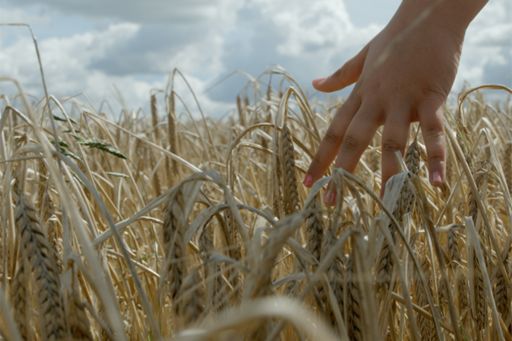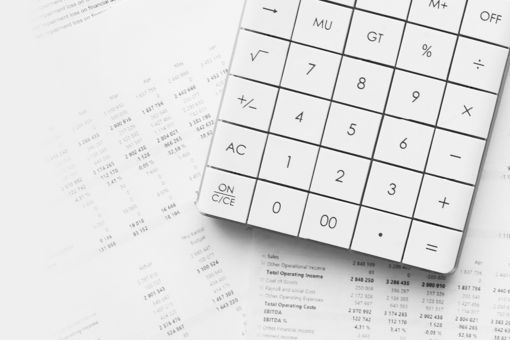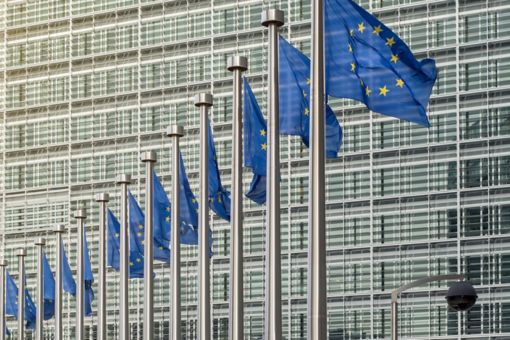The imminent introduction of the European Union's Carbon Border Adjustment Mechanism (CBAM) brings changes that many companies are not prepared for. Frederik Cappelle of KPMG and Christof Van Roey of Reynaers Aluminium discuss the impact of the new legislation, which aims to tax the carbon on imported products.
A few years after the launch of the EU Green Deal, the European Commission is shifting up a gear to become the first climate-neutral continent by 2050. One of the spearheads of this plan is the Carbon Border Adjustment Mechanism (CBAM). ‘With the introduction of CBAM in October 2023, the European Union wants to tax the importation of polluting products as heavily as production in Europe,’ says Frederik Cappelle, Head of Global Trade & Customs at KPMG.
Six categories of carbon-intensive products
In the initial phase of CBAM, the European Commission wants to check how much CO2 is processed in goods or materials imported from outside the EU. Companies will have to provide detailed reports on their imports and associated carbon emissions.
'The initial roll-out of CBAM focuses exclusively on specific products in six polluting categories: aluminium, steel, iron, cement, fertilizers, and electricity. Primary components, such as screws and bolts, are subjected to additional stress. C-endomed, fully assembled products – think washing machines from China – are currently beyond CBAM's reach. In the long term, it is expected that almost all industrial products will fall under CBAM, which means that the current blind spot will disappear,’ says Cappelle.
In the coming months, it will be crucial for European companies to work with their foreign suppliers to collect the necessary data for carbon reporting.
Cappelle adds: 'Many companies do not yet realize what is coming their way and what data they will have to ask their suppliers. They, in turn, must have that information and there must be a want to share it. Multinationals can possibly enforce this, Flemish SMEs often cannot. Postponement is unwise: CBAM applies to any company that imports the products in question. Companies must first determine internally who is responsible for preparing for the new legislation. Next, careful mapping of the international supply chain and supplier network is a must. The calculation of the carbon in the products requires strict rules.’
CBAM in practice: Reynaers Aluminium
One of the Flemish SMEs for whom CBAM will have consequences is Reynaers Aluminium. Together with KPMG, the company carried out an impact assessment. ‘We work a lot with aluminium for our windows and doors. A few years ago, we acquired a large steel group in Switzerland, specialising in the development and production of high-quality profile systems in steel. This has a major impact on our purchasing processes,' says Christof Van Roey, Credit Manager at Reynaers Aluminium and responsible for all aspects of customs.
'First, we collected data and mapped out the regulations. In our customs reports, we looked at what we have introduced in recent years. This allowed us to identify our internal stakeholders, who were given certain tasks and responsibilities. This was followed by the implementation of the procedures,' says Van Roey. For this task, the company turned to KPMG. 'The approach of the new regulations is clear. We save time by calling on specialists. It’s reassuring to work with people who are working on this on a daily basis.'
Explore
Connect with us
- Find office locations kpmg.findOfficeLocations
- kpmg.emailUs
- Social media @ KPMG kpmg.socialMedia




